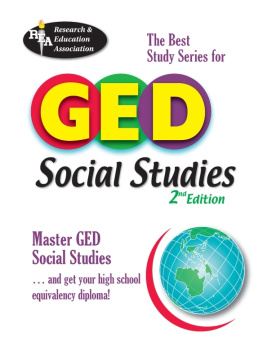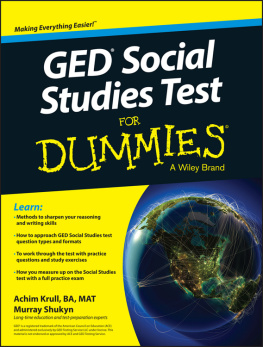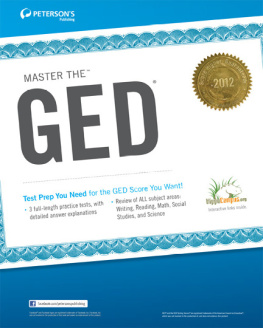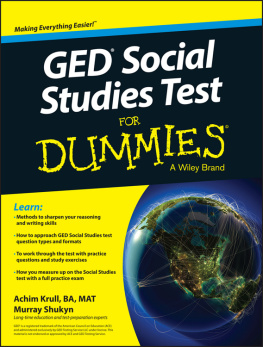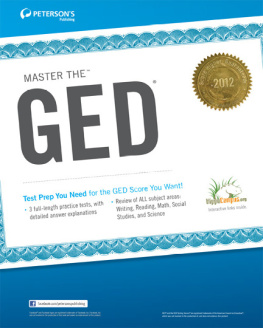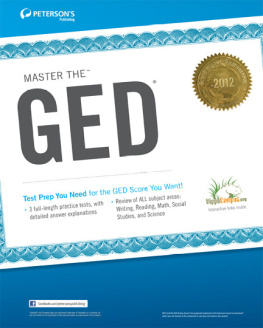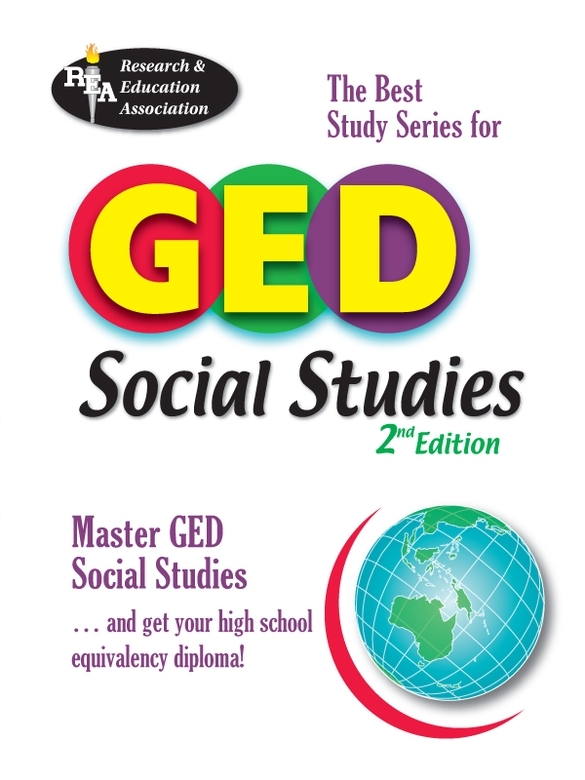General Terms
adopted to take as ones own.
Allies during World War I and II, the side that included Great Britain, France, Russia (which was the Soviet Union by World War II), and the United States.
American Revolution the revolt of the American colonists against their ruler, King George III of England.
appalled dismayed, concerned.
authorized to give official approval or power.
Black Death another name for bubonic plague.
Brown vs. Board of Education a case decided by the Supreme Court in 1954 which ruled that the school board in Topeka, Kansas, could not segregate pupils.
bubonic plague a contagious, usually fatal disease, transmitted by fleas.
campaign a series of military operations.
Cheyenne a nomadic tribe of Plains Indians.
collective behavior group behavior outside of normal behavior.
Commander-in-Chief the supreme commander of all the armed forces of a nation; in the U.S., it is the President.
communist a person who believes that all property, business, and goods are owned by the state.
Confederacy the alliance of Southern states during the American Civil War (18611865).
confidence trust.
confronted faced with, presented.
context the sentence or paragraph in which a word or group of words occurs.
Continental Army the American colonists who revolted against Englands King George III in the American Revolution.
controversial something or someone whose ideas, worth, practices can be disputed or debated.
corrupt immoral, perverted, ruin.
culture behavioral characteristics among a group of people.
D-Day June 6, 1944, the day of the Allied invasion of Normandy, France.
debate deliberation, discussion of opposing views.
decipher to interpret, to determine.
disallow to not allow or to refuse to allow.
discretionary income household money not earmarked for regular expenses such as rent, utilities, etc.
dominated controlled, outnumbered.
educational attainment the highest grade level a person has achieved.
electoral college group of electors representing their states who choose the President and Vice President. The number of electors from the state equals the number of Senators and Representatives the state sends to the U.S. Congress.
encompassed included, contained.
engaged became involved in.
essential basic, necessary.
excrement bodily waste, fecal matter.
executive branch the branch of government that carries out laws.
fervent very devoted or passionate.
function how a group operates or carries out its activities.
Great Depression a period of greatly reduced business activity in the 1930s that resulted in widespread unemployment, falling wages, and falling prices.
Gross National Product (GNP) the total value of goods and services produced in a year by a nation.
Hiroshima the Japanese city where the first atomic bomb was dropped by the United States during World War II, August 6, 1945.
House of Representatives one of two sections of the United States Congress. The number of Representatives each state has is based upon its population.
inception the start or beginning of something.
increments increases in number or size.
inherent existing as an essential part.
institution an established custom or practice.
interference to come between or to meddle.
invaded entered by force, took over.
judicial of, or about, judges.
judicial branch the branch of government that decides what laws mean.
justified warranted, correct, right.
Korean War the 19501953 war between North Korea, a communist country backed by the Soviet Union, and South Korea, a capitalist country backed by the United States.
legislative branch the branch of government that makes laws.
liberate to free from.
majority the greater number or part of something.
mandate to order or command.
manifesto a public declaration of principles or intentions.
mass hysteria uncontrollable fear or anxiety among a group of people.
Nagasaki the Japanese city that was the site of the second atomic bomb dropped by the United States during World War II, August 9, 1945.
nomadic having no fixed abode or home.
nominate to name someone to a position.
Normandy invasion when Allied troops landed on the beaches of Normandy, France on June 6, 1944, beginning the final Allied campaign in Europe during World War II.
offended created anger.
Okinawa the largest of Japans Ryukyu Islands. It was the site of a famous battle during World War II.
Operation Overlord the code name for the Normandy invasion, which occurred on June 6, 1944.
origins the beginnings of, how something came to be.
osmosis learning or absorbing by utilizing the surroundings.
overturn to turn over or to conquer.
panic a sudden overpowering terror.
Pawnee a sedentary tribe of Plains Indians.
Pearl Harbor located on Oahu Island, Hawaii, it was the scene of a surprise attack on American ships, planes, and servicemen by the Japanese. This led to the United States entrance into World War II.
Plains Indians Native Americans who lived between the Mississippi River and the Rocky Mountains and from Southern Canada to Texas.
pledged promised.
Plessy vs. Ferguson a case decided by the Supreme Court in 1896 that said the state of Louisiana had the right to segregate blacks and whites in railway carriages.
previewing looking over an article to see what it is about.
progressive tax system that takes a greater percentage from those who have higher incomes.
projections anticipated numbers or results.
proletariat a member of the industrial working class.
proportional tax system that takes the same percentage of every persons income, whether they are rich or poor.
regressive tax system in which everyone pays the same, such as a sales tax.
Republican party one of the two major political parties in the United States.
resurgence rising, or being utilized again.
scientific perspective acquiring knowledge from experience and observation.
sedentary sitting or staying in one place.
segregate to separate or isolate.
Senate one of two sections of the United States Congress. Each state has two senators.
sentiment feeling.
sophisticated complicated.
spontaneously happening all of a sudden, without premeditation or cause.
status quo the existing state of affairs.
structure organization, arrangement.
subsequent following, coming after.
supporting sentences sentences that help you understand the topic sentence.
Supreme Court the highest ranking court in the United States.
surrender to give up or abandon.
taxation a system allowing government to take money from its citizens to fund the government.
territory an area or region.
topic sentence the sentence containing the main idea of a passage.
treaties formal agreements.
Union the alliance of Northern states during the American Civil War, 18611865.
urban sanitation method of disposing of sewage and garbage in cities and towns.
urbanization changing from rural life to city life.
veto to reject.
World War II the 19391945 war between the Allied Powers (which included Great Britain, France, the United States, and the Soviet Union) and the Axis Powers (which included Germany, Italy, and Japan).

